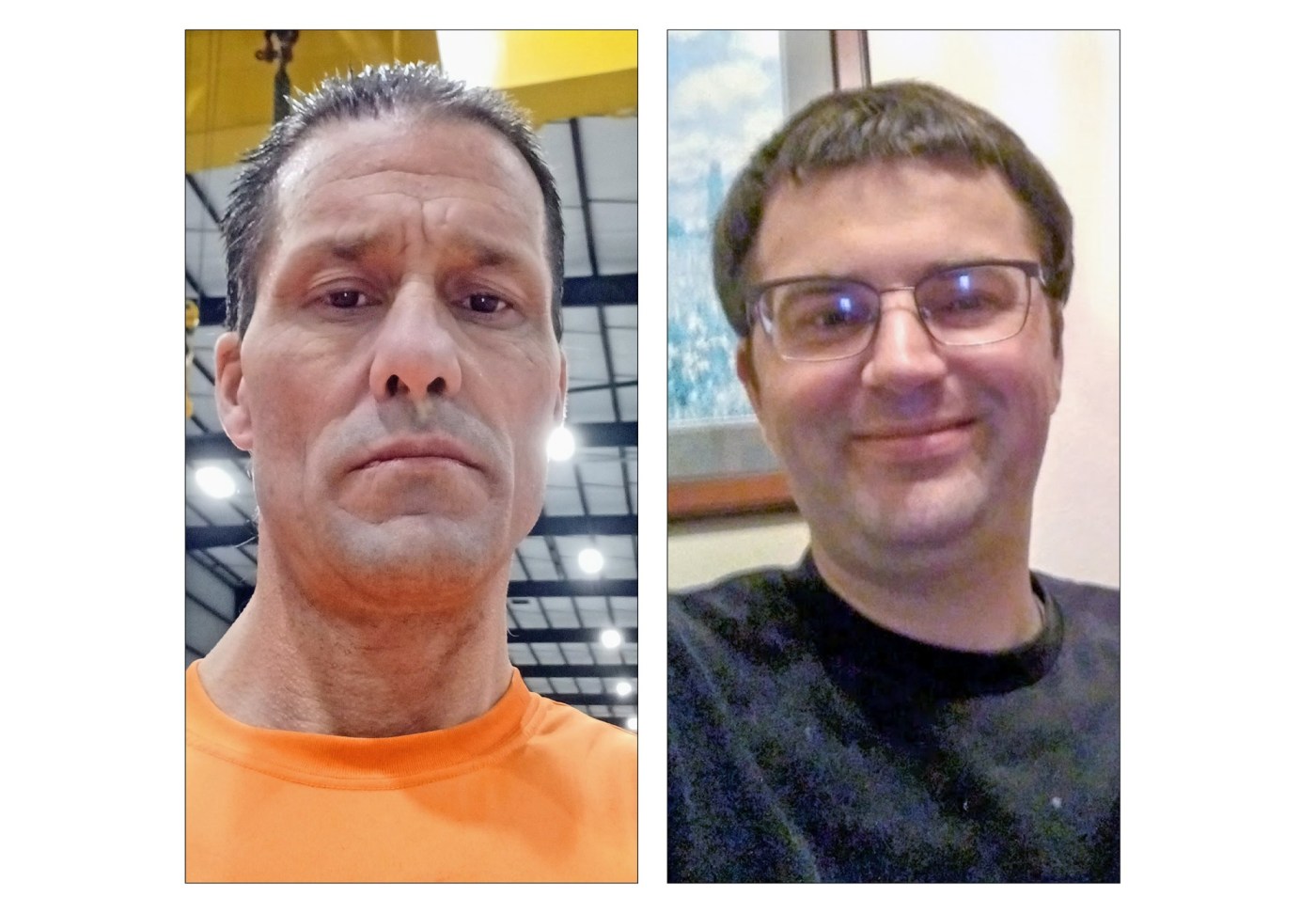
A federal judge ruled this week that a San Diego man who was mistakenly incarcerated for almost two months can move forward with a civil rights lawsuit against the county of San Diego.
U.S. District Judge John Houston partially denied a motion by county lawyers to dismiss a lawsuit filed by William Pixler, who says he was booked into jail based on an arrest warrant for a man whose fingerprints and physical appearance did not match his own.
Related Articles
Five years after George Floyd protests, police reform slows amid Bay Area political shifts
Proposed investigation into Richmond’s police review body thwarted
Investigator clears San Mateo County executive of misconduct in sheriff’s complaint
Video of second Concord police shooting in two months released
‘Thought I was going to die’: Youth, whistleblower describe officer violence in two California juvenile halls
The ruling allows Pixler to proceed with his lawsuit alleging that his constitutional rights were violated when deputies failed to investigate whether they had booked the wrong person.
Pixler, who was diagnosed with schizophrenia as a teen, was detained by San Diego police in August 2023 in Pacific Beach amid a psychotic break. Body camera footage obtained by his attorney, Keith Rutman, shows officers debating whether to take him to a nearby psychiatric hospital.
Pixler had no identification with him at the time. An officer tried to fingerprint him, but the portable scanner didn’t work because Pixler’s hands were wet.
Officers searched a warrants database and found Michael Buckholz, who was wanted for a 2015 probation violation. Body camera footage doesn’t show police asking Pixler if he was Buckholz, Rutman said.
Despite being 18 years younger, 3 inches shorter and 35 pounds lighter than Buckholz, Pixler was booked into jail as Buckholz and remained behind bars for nearly seven weeks, according to the lawsuit.
Pixler would have been fingerprinted at the jail under department policy. Policy also requires special precautions when booking a person with mental illness who might refuse to provide a name or who insists they’re someone else.
In his order, Houston wrote that deputies should have at least recognized the physical differences between Pixler and the man described in the warrant.
The judge rejected the county’s argument that it was Pixler’s responsibility to protest the misidentification.
He also rejected the county’s argument that because San Diego police officers identified Pixler as Buckholz when he was arrested, jail deputies were not obligated to verify his identity at booking.
The ruling allows the case to move into the discovery phase “to find out exactly what happened and why and to see how the system broke down,” Rutman said.
A county spokesperson said she couldn’t comment on pending litigation.
Seven weeks passed before Pixler was given access to a phone in jail. He called his parents, who by then had filed a missing persons report with the San Diego Police Department.
During that time, Pixler had been moved to the county’s high-security jail where he was attacked, punched and had his wrist stomped on. He suffered a severe sprain and required stitches to his eye.
Pixler told his parents that he’d tried to explain to deputies, to the judge who arraigned him and to his public defender that he wasn’t Michael Buckholz, but one believed him.
“He was able to get ahold of me and I got him out,” Dennis Pixler told The San Diego Union-Tribune in March. “But from there, his life snowballed. It just went downhill after that.”
Last May, Pixler was arrested for battery after he jabbed a man with a pen at a supermarket. In October, while Dennis was making dinner, his son punched him several times.
Dennis Pixler said he called the county’s psychiatric emergency response team — something he’d done in the past when his son had an episode. Instead, several San Diego police cars showed up.
Pixler was arrested and charged with multiple felonies, even though Dennis, 70 at the time, said he didn’t want to press charges; he was fine.
Pixler again was booked into jail as Michael Buckholz. Initial complaints filed by the District Attorney identified him as Buckholz.
Steve Walker, a spokesperson for District Attorney Summer Stephan, said prosecutors rely on information provided by the Sheriff’s Office when filing charges.
After an inquiry from the Union-Tribune, a Superior Court spokesperson said orders to clear Buckholz’s record of Pixler’s felony cases had been sent to the California Department of Justice.
Buckholz, who lives in Tulsa, Okla., said in an interview earlier this year that he lost his job after a routine background check falsely linked him to Pixler’s crimes.
A decade ago, after spending much of his 20s and 30s in and out of prison and jail, Buckholz said he vowed to never return. He said he had been sober and employed since then and was unaware there had been a warrant for his arrest.
Rutman has asked the judge presiding over Pixler’s criminal case to divert him into psychiatric treatment rather than sentence him to prison.